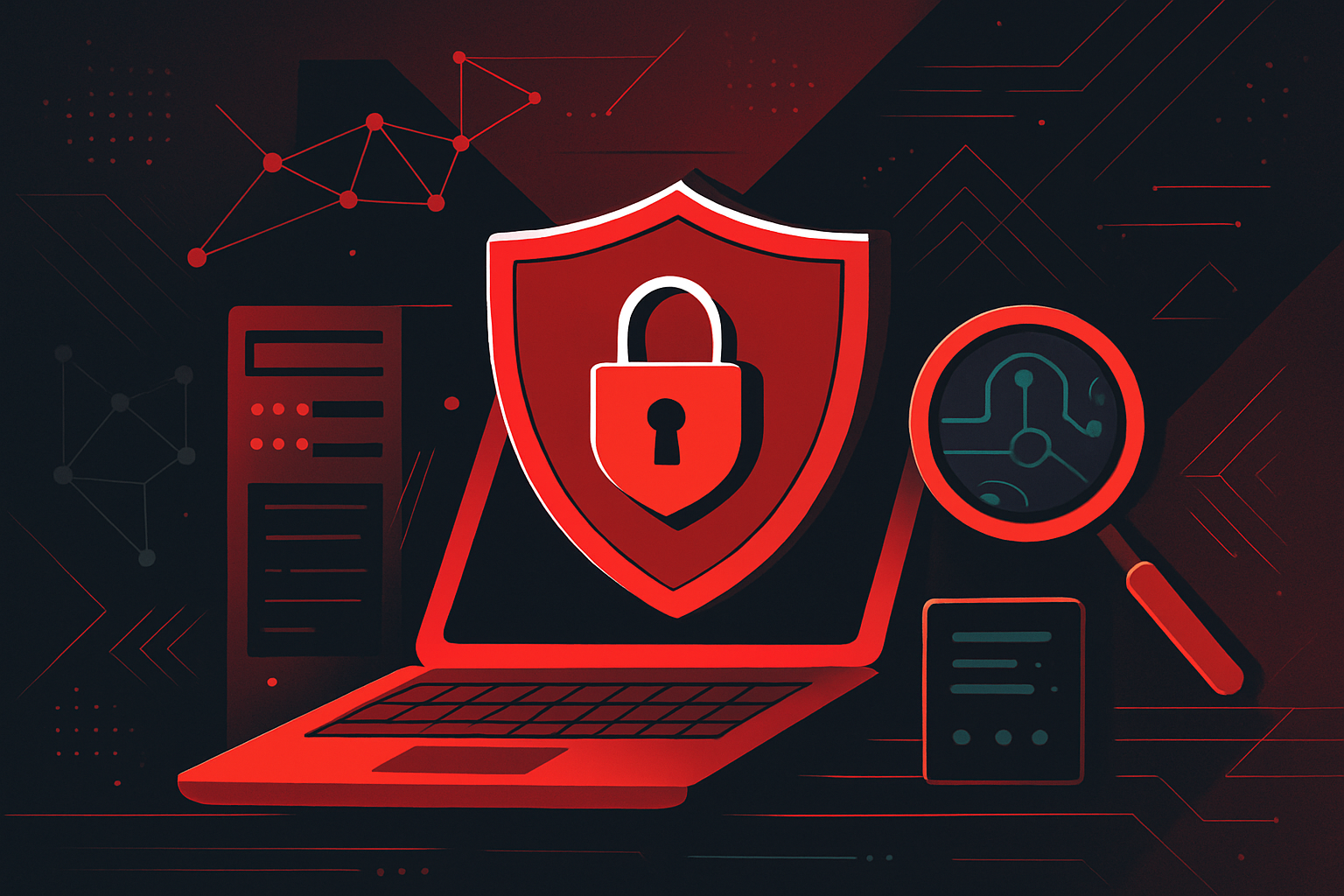The Best VPN Services for Privacy in 2025

Criteria for Choosing the Best VPN for Privacy
When selecting a VPN for privacy in 2025, it’s essential to focus on the following critical factors:
- Jurisdiction and Logging Policy: Ensure the VPN is based in a privacy-friendly jurisdiction and adheres to a strict no-logs policy.
- Encryption Standards: Opt for VPN services offering advanced encryption standards such as AES-256.
- Security Features: Look for features like kill switch, DNS leak protection, and multi-hop connections.
- Speed and Performance: Assess the VPN’s impact on internet speed to ensure it doesn’t hinder your online activities.
- Compatibility and Ease of Use: Ensure the VPN is compatible across devices and offers user-friendly applications.
- Customer Support: Reliable 24/7 customer support is crucial for resolving any issues promptly.
Top VPNs for Privacy in 2025
1. NordVPN
Pros:
– Jurisdiction: Panama, outside 14 Eyes
– Encryption: AES-256-GCM with 4096-bit DH key
– Security Features: Double VPN, Onion Over VPN, CyberSec
– Performance: Consistently high-speed servers
– Compatibility: Windows, macOS, Linux, iOS, Android
Cons:
– Slightly higher price point
Key Features:
– Double VPN: Routes traffic through two servers, doubling encryption.
– CyberSec: Blocks ads and malicious websites.
Example Setup:
# Install NordVPN on Ubuntu
sudo apt-get install nordvpn
# Connect to a server
nordvpn connect
2. ExpressVPN
Pros:
– Jurisdiction: British Virgin Islands, no mandatory data retention laws
– Encryption: AES-256 with Perfect Forward Secrecy
– Security Features: TrustedServer technology, kill switch
– Performance: Lightning-fast speeds
– Compatibility: Wide device support including routers
Cons:
– Limited simultaneous connections
Key Features:
– TrustedServer: Runs all servers on RAM, ensuring no data logs are retained.
– Split Tunneling: Choose which apps use the VPN and which do not.
3. Surfshark
Pros:
– Jurisdiction: Netherlands, no mandatory data retention laws
– Encryption: AES-256-GCM
– Security Features: CleanWeb, MultiHop
– Performance: Good speeds, especially with WireGuard protocol
– Compatibility: Unlimited devices
Cons:
– Newer service, less proven track record
Key Features:
– CleanWeb: Blocks ads, trackers, and malware.
– MultiHop: Connect via multiple countries for added security.
4. ProtonVPN
Pros:
– Jurisdiction: Switzerland, strong privacy laws
– Encryption: AES-256
– Security Features: Secure Core, Tor over VPN
– Performance: Optimized for privacy, moderate speeds
– Compatibility: Open-source apps
Cons:
– Fewer server locations
Key Features:
– Secure Core: Routes traffic through privacy-friendly countries before exiting to the internet.
– Tor over VPN: Connects to the Tor network with one click.
Comparison Table
| Feature / VPN | NordVPN | ExpressVPN | Surfshark | ProtonVPN |
|---|---|---|---|---|
| Jurisdiction | Panama | BVI | Netherlands | Switzerland |
| Encryption | AES-256-GCM | AES-256 | AES-256-GCM | AES-256 |
| Unique Features | Double VPN | TrustedServer | CleanWeb | Secure Core |
| Speed | High | Very High | Good | Moderate |
| Simultaneous Connections | 6 | 5 | Unlimited | 10 |
| Logging Policy | No-logs | No-logs | No-logs | No-logs |
| Price (Monthly) | $11.95 | $12.95 | $2.49 | $4.00 |
Technical Considerations for VPN Use
Encryption Protocols
- OpenVPN: Highly secure and widely supported. Use for maximum security.
- WireGuard: Offers faster connection speeds and modern encryption.
- IKEv2/IPSec: Good for mobile devices due to its ability to reconnect quickly.
Setting Up a VPN on a Router
Setting up a VPN on a router protects all devices on the network. Here’s a basic setup guide:
- Choose a Compatible Router: Ensure your router supports VPN connections.
- Access Router Settings: Typically found at
192.168.1.1or192.168.0.1. - Enter VPN Details:
- Navigate to the VPN section.
- Enter the server address, username, and password provided by your VPN service.
- Save and Connect: Save the settings and connect to the VPN.
Troubleshooting Common VPN Issues
- Slow Speeds: Switch servers or protocols (e.g., from OpenVPN to WireGuard).
- Connection Drops: Enable the kill switch feature and check network settings.
- Access Issues: Ensure your firewall or antivirus isn’t blocking the VPN connection.
Final Thoughts
When choosing a VPN service in 2025, prioritize privacy and security features that align with your needs. Assess each VPN’s strengths and limitations using the above criteria to make an informed decision.





0 thoughts on “The Best VPN Services for Privacy in 2025”